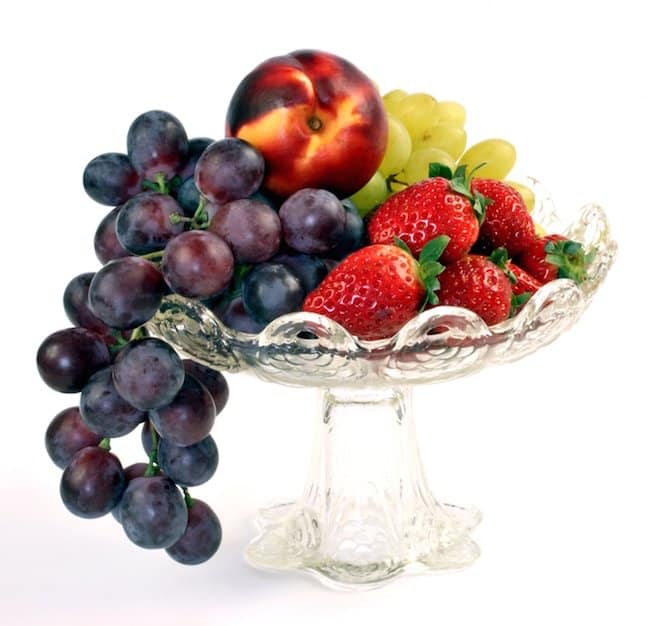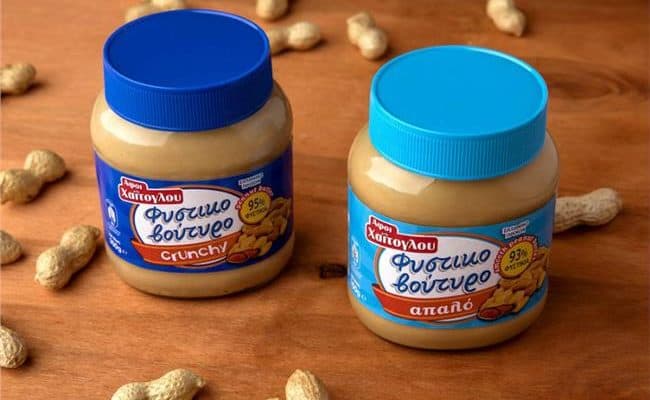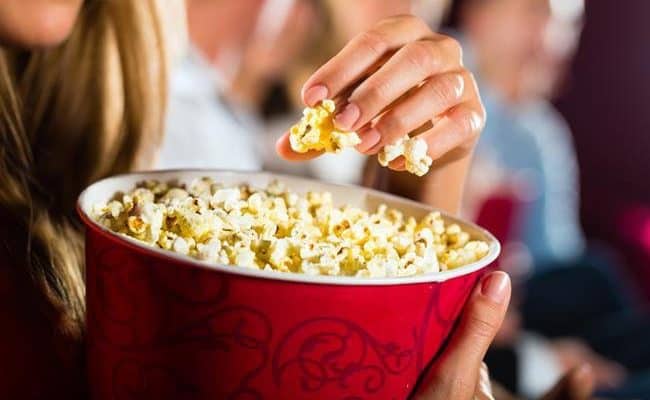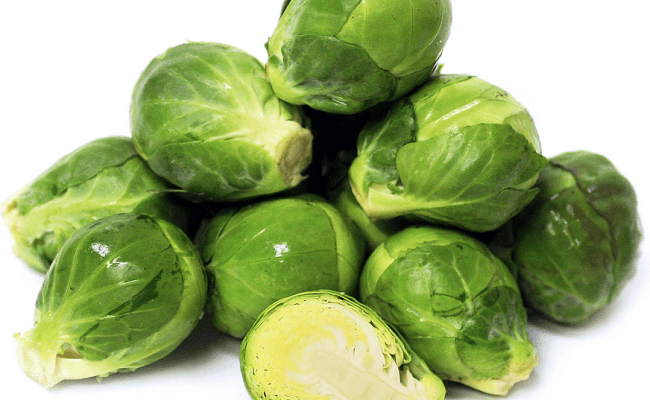
There is a lot of confusion surrounding whether eating certain foods before bed is bad for weight loss. However, there is certainly nothing wrong with a healthy piece of fruit before you hit the hay, in fact, it is probably one of the best bedtime snack options you can choose.
Why fruit is one of the best bedtime snacks going
Fruit is a great choice for snacking on before bed, or indeed at any time of the day. It is low in fat, reasonably low in calories and packed full of vitamins and minerals that keep us healthy. The evening is a time when we tend to indulge as we unwind from the long working day, so many people who are trying to lose weight find this time the most difficult to stick to their diets.
There is no doubt that fruit is a much better alternative for those on a diet than many of the high fat, calorie and sugar snack foods that are often chosen as an alternative.
Fruit can satisfy the sweetest of tooths, and unlike most sweet treats like cake, chocolate, ice cream and candy, it is not empty calories, but instead packed full of nutrition. It is also easy to vary the fruit you choose to prevent boredom.
Not only is there a huge range of fruits that vary from season to season, you can also vary the way you serve it to add interest or make it a little more filling if you feel the need. Baked apples stuffed with dried fruit, grilled bananas, fruit salad with a little low fat yogurt and many more combinations all make great healthy bedtime snacks.
The vitamin and mineral content of fruit differs depending what you choose, but for the best health, vary your intake to get a wide range of nutrients. Citrus fruits for example are high in vitamin C which is a powerful antioxidant, whilst bananas are packed full of potassium, an essential mineral with a wide variety of functions in the body, for example building muscle, regulating blood pressure and proper heart and kidney function.
Another benefit of fruit is its high fibre content. High intake of soluble fibre, the type that is found in largest quantities in fruit, is thought to lower blood cholesterol and help to control blood sugar levels. People who eat high fibre diets also tend to eat less, as digestion is slower of these foods, keeping us fuller for longer.
Choosing low GI fruits to keep you full
Different fruits have varying effects on our blood sugar, with low GI options keeping blood sugar levels constant for a longer period of time. Higher GI choices cause a sharper increase in blood sugar, which is quickly followed by a sudden drop. This drop in blood sugar levels can leave us feeling hungry and craving sweet foods.
For weight loss purposes it is beneficial to choose lower GI options to keep blood sugar levels constant (this is also thought to reduce the risk of type 2 diabetes), and to keep full for longer. This can be especially healthy at night if you are prone to waking up in the night feeling hungry.
Low GI fruits include:
Cherries GI=22
Grapefruit GI=25
Dried apricots GI=31
Apples GI=38
Pears GI=38
Peaches GI =42
Oranges GI=44
Green grapes GI=46
Kiwi Fruit GI=49
Banana GI=55
Be aware of serve sizes
As with any food, if you eat too much fruit it can cause weight gain. Fruit is high in natural sugars, and whilst these are fine in moderation, they do contribute calories and can cause weight gain if over indulged on. An excessive intake of fruit can also lead to gastro-intestinal discomfort due to high fibre and acid intake.
One to two serves of fruit per day will provide nutrition to your diet without adding too many extra calories. It is a good idea to swap another less healthy snack you are already consuming for a piece of fruit to reduce calories.
Dried fruit also provides vitamins, minerals and fibre, but is a lot more concentrated in sugar due to the lack of water. It is easy to overeat dried fruit, so it is important to remember that each apricot half you eat is the equivalent of half an apricot in calories. You would not eat four apricots in one hit, so you shouldn’t eat the equivalent in the dried version. Dried fruit should be limited to a small amount for calorie control.
Fruit juice is also a source of a large amount of hidden calories. Whilst packed full of nutrients, the sugar and calorie content of a glass of orange juice can be equivalent to five oranges. For weight control purposes, it is always better to choose the fresh fruit, rather than juices or dried options.
Why eating before bed is OK
There is a common myth in the dieting world that eating before bed causes weight gain. This is not true. Eating more calories than you burn off overall causes weight gain, whether they are eaten in the morning or the middle of the night.
The key to weight loss is to maintain a negative calorie balance; hence if you feel you need a bedtime snack, low fat nutritious fruit can be a much better option than many other snack foods for weight control and overall health.
References used in this article











Kate says
Thanks a lot! I was feeling bad for eating a piece of melon but not anymore =)
Hope Larocque says
I like to eat fruit salad or a smoothie of mixed frozen fruits. Is that a bad idea before bed?
Ressie says
Thanks for helping I used to feel like eating strawberrys and green grapes was bad for me at night but now I know it is actually good for me.
Apurva says
Does eating fruits at night cause weight gain as the sugar in the fruit gets converted to to sugar and stored as carbs in the body.
Linus mugo says
am in the process …have started today taking fruits for bed time snack
Gloria says
Thanks a lot for this. Just finished taking some bananas.
Chinyere says
now is my very first time taking fruits before bed time.
I hope it doesn’t have any side effect cause I can’t wait to sleep now.